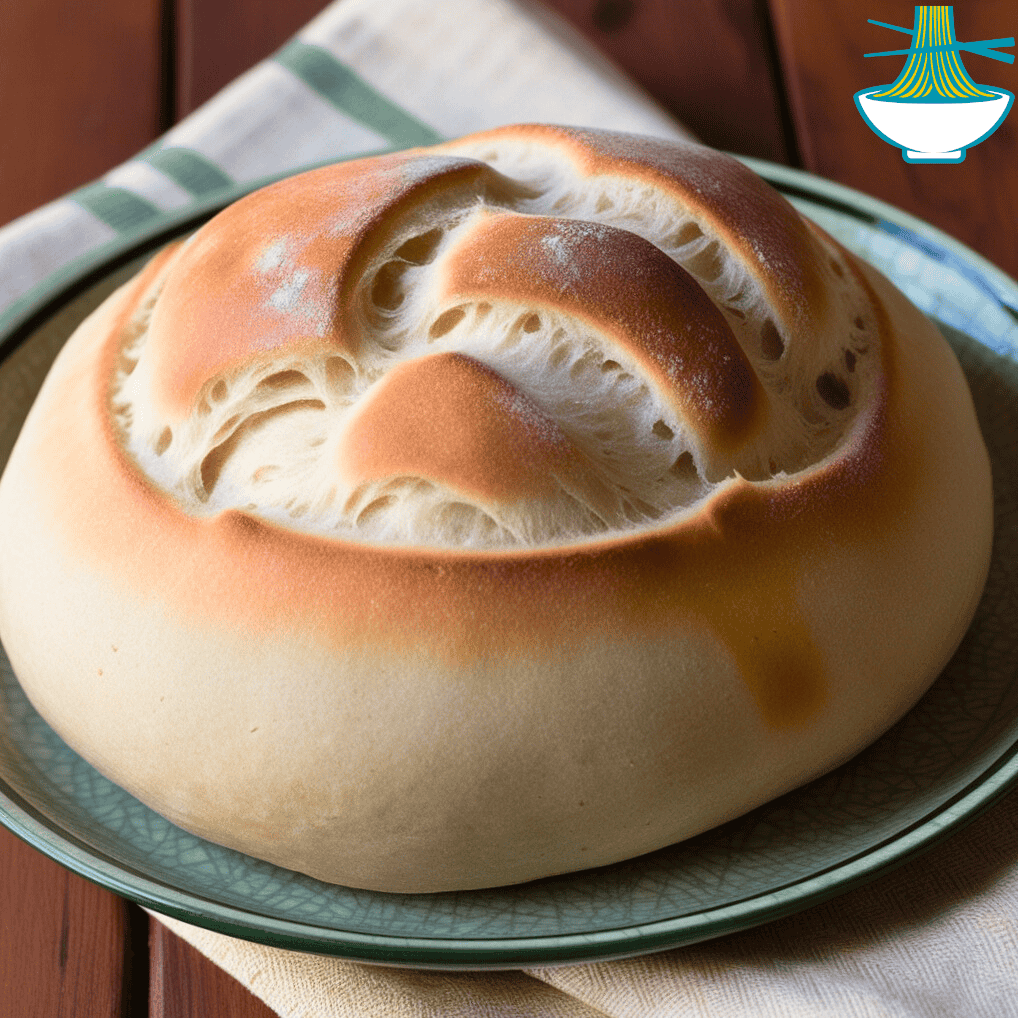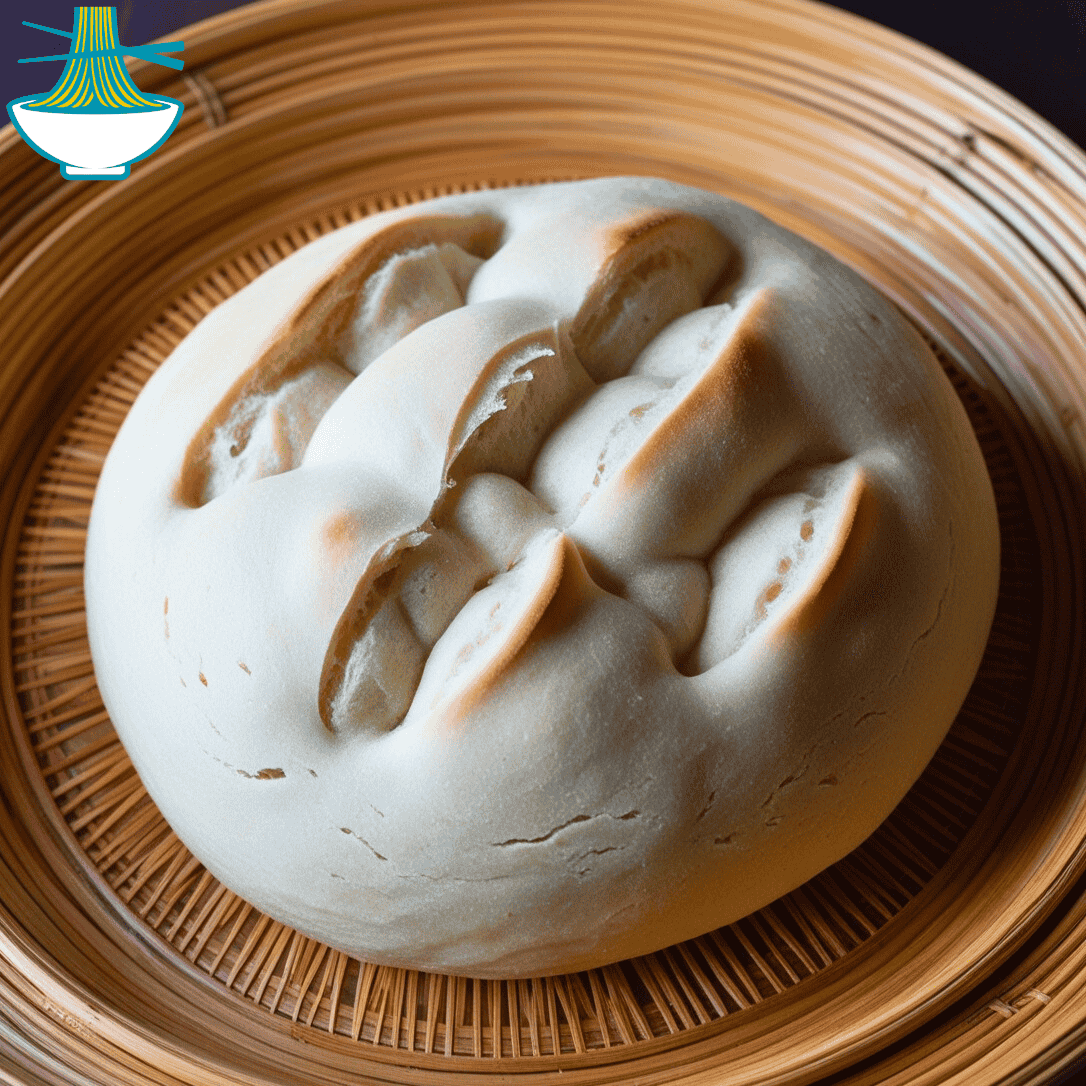Mapakiwa is a traditional steamed bread from Botswana, made using flour, sugar, yeast, and water. The dough is kneaded, allowed to rise, and steamed to produce soft, fluffy bread. It is often enjoyed as a snack or breakfast with tea or coffee, particularly during social gatherings. Steaming the bread reflects Botswana’s culinary heritage, where limited access to ovens made steaming a popular baking method.
The bread provides energy from carbohydrates, along with small amounts of vitamins like B-complex from the flour. However, consuming it in moderation is essential, as it contains refined sugars and simple carbs that may contribute to weight gain if eaten in excess. Those with yeast sensitivities should also be cautious.
For a healthier alternative, consider using whole wheat flour, reducing the sugar, and adding seeds or oats for extra fiber and nutrients.
Mapakiwa has its roots in the traditional African cooking methods of Botswana. Due to the limited availability of ovens, steaming was a preferred method for baking bread. Today, Mapakiwa remains a beloved staple in Botswana, often served during family gatherings and community events.
Ingredients:
- 3 cups of flour
- 2 tablespoons sugar
- 1 teaspoon salt
- 1 tablespoon instant yeast
- 1 cup warm water
- 2 tablespoons vegetable oil

Instructions:
1. Prepare the Dough:
- In a large bowl, mix the flour, sugar, and salt.
- Gradually add the yeast and warm water, kneading until a smooth, elastic dough forms.
- Add the oil and continue kneading for about 5 minutes until the dough becomes shiny and non-sticky.
2. Let the Dough Rise:
- Cover the dough and let it rest in a warm place for about 1 hour, or until it doubles in size.
3. Shape and Cook:
- Divide the dough into medium-sized balls and place them in a greased baking tray.
- Allow the dough balls to rise again for 20 minutes.
- Place the tray in a steamer and cook for 25-30 minutes until the bread is fully cooked and soft.
4. Serve:
- Serve the Mapakiwa warm with tea or coffee.

Nutrition Value:
1. flour (3 cups)
- Calories: 1,365
- Carbohydrates: 285 g
- Protein: 39 g
- Fat: 6 g
- Sodium: 6 mg
- Cholesterol: 0 mg
- Vitamins: B vitamins (thiamine, niacin)
- Minerals: Iron, magnesium, phosphorus
- Nutritional benefit: Provides energy, supports muscle function, and offers essential nutrients for healthy metabolism.
2. sugar (2 tablespoons)
- Calories: 96
- Carbohydrates: 25 g
- Protein: 0 g
- Fat: 0 g
- Sodium: 0 mg
- Cholesterol: 0 mg
- Vitamins: None
- Minerals: None
- Nutritional benefit: Adds sweetness and energy but should be consumed in moderation to avoid blood sugar spikes.
3. salt (1 teaspoon)
- Calories: 0
- Carbohydrates: 0 g
- Protein: 0 g
- Fat: 0 g
- Sodium: 2,300 mg
- Cholesterol: 0 mg
- Vitamins: None
- Minerals: Sodium
- Nutritional benefit: Essential for fluid balance and nerve function but should be limited to avoid high blood pressure.
4. instant yeast (1 tablespoon)
- Calories: 21
- Carbohydrates: 2 g
- Protein: 3 g
- Fat: 0 g
- Sodium: 3 mg
- Cholesterol: 0 mg
- Vitamins: B vitamins (niacin, folate)
- Minerals: Iron, potassium
- Nutritional benefit: Helps in the fermentation process, providing leavening and contributing to dough texture.
5. warm water (1 cup)
- Calories: 0
- Carbohydrates: 0 g
- Protein: 0 g
- Fat: 0 g
- Sodium: 0 mg
- Cholesterol: 0 mg
- Vitamins: None
- Minerals: None
- Nutritional benefit: Essential for hydration and aids in the mixing of dough ingredients.
6. vegetable oil (2 tablespoons)
- Calories: 240
- Carbohydrates: 0 g
- Protein: 0 g
- Fat: 28 g
- Sodium: 0 mg
- Cholesterol: 0 mg
- Vitamins: Vitamin E
- Minerals: None
- Nutritional benefit: Provides essential fatty acids and energy, supports skin health, and adds moisture to the bread.



Comments